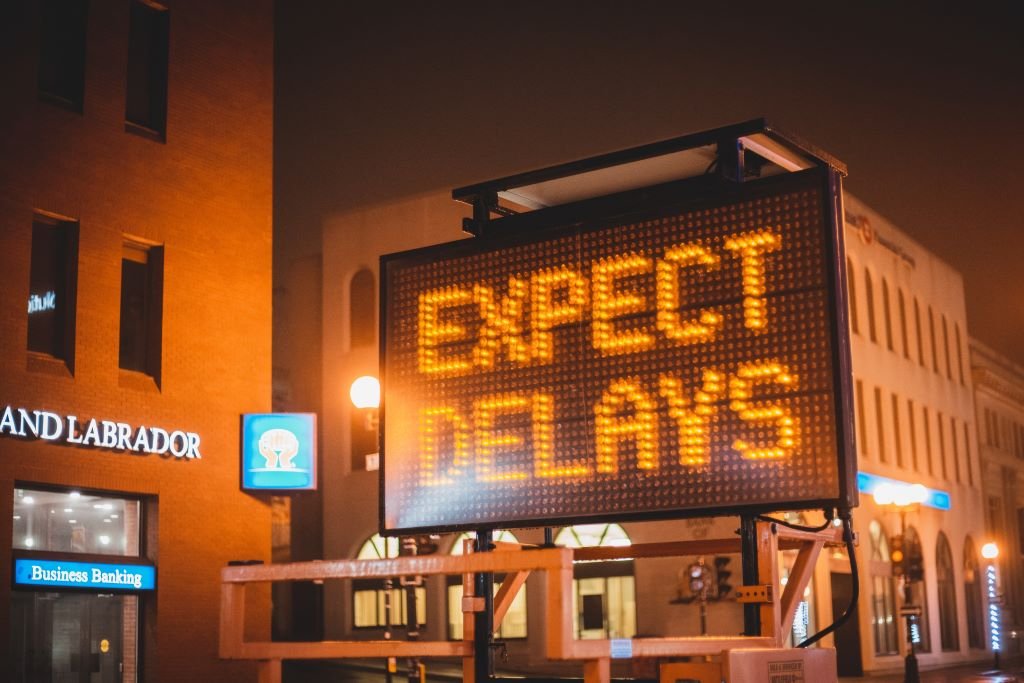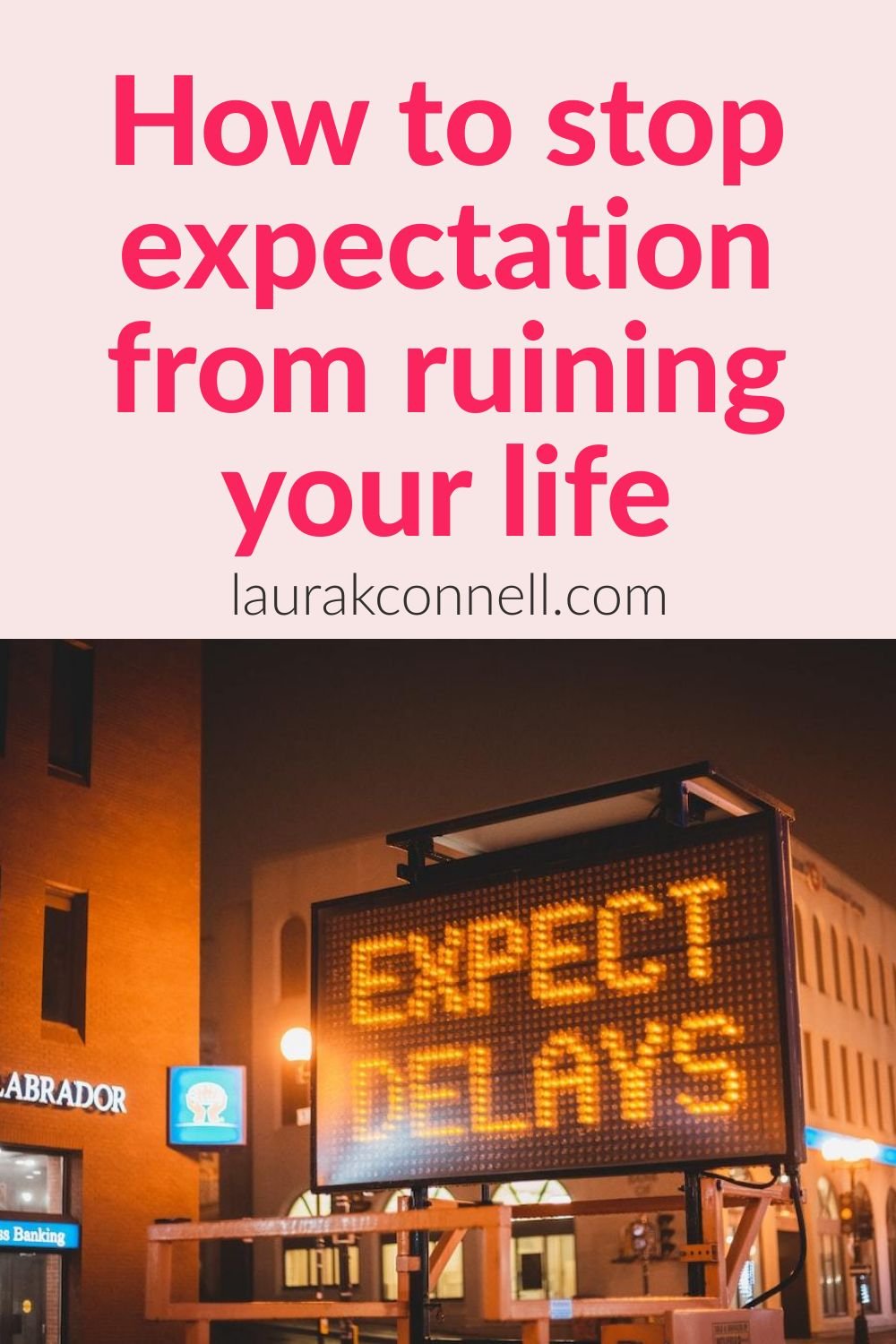How to stop expectation from ruining your life
Photo by Erik Mclean on Unsplash
It's often said that comparison is the thief of joy, and expectation is the close cousin to that robber. Rather than comparing yourself to others, you compare reality to what could have been and feel you come up short.
Instead of accepting things as they are, we stay focused on the future. We see happiness somewhere outside of us only after certain conditions get met. We wrongly believe we have more control over the future than the present.
An antidote to expectation
Mindfulness can help us stay present and avoid the negative effects of too much expectation. Rather than gratitude (which can be overrated), mindfulness lets you accept the here and now without judgment or criticism.
There's profound peace in allowing yourself to dwell in the present moment rather than ruminating over the past or future.
It can be an opportunity to practice acceptance of your emotions. Maybe it's okay to feel disappointment and anger. It's possible these feelings need our attention more than doggedly pursuing a goal.
Because that goal you think will be so fulfilling may not feel like much when you get there. We tend to overestimate how happy we'll feel after we achieve something.
That's why when you reach a goal you thought would make your life perfect, you often feel deflated. For the most part, happiness is an inside job and changing external circumstances may not have the impact you desire.
External motivation
Your expectation may also be based on something outside of yourself. Sometimes society plants ideas in our heads. We don't stop to consider if that's what we really want.
These socially-sanctioned expectations can include finding the perfect partner, or working as a digital nomad. You may be experiencing frustration and disappointment over something you didn't really want in the first place.
I recently worked with someone who expressed a desire to find a circle of friends. When we looked deeper, she preferred to be on her own but felt pressured by societal norms around friendship.
I'm not suggesting we live lives of solitude without connection. However, at the beginning of a healing journey, you may want to prioritize time on your own to go within and get to know yourself better.
Becoming your own best friend takes precedence over friendships with others. And it helps you choose the right people for you because you know yourself better.
Trying to make friends without first understanding your needs and wants and how to express them can backfire on you. You may default to people pleasing and become friends with people who don't really see you and who take advantage of you.
Expectation as opportunity
Too much expectation can actually limit your outcomes. Rather than opening up to all possibilities, you are hyper-focused on the desired result.
When expectation mismatches reality, take the lesson and redirect your mission. Adjusting your sails when the wind blows your boat in a different direction can help alleviate the pain of disappointment.
One final note: expectation can keep us in chains when we cling to the hope that other people will change. Especially in dysfunctional families, refusing to accept peoples' limitations can really stunt your growth.
You must let go of the fantasy that people who have behaved the same way all your life are going to change now. And you must take control of your healing so it is independent of what other people do.
You must quash the expectation that toxic family members will one day see and understand you. It would be nice if that happened, but your wellness is not contingent on other peoples' reactions toward you.


